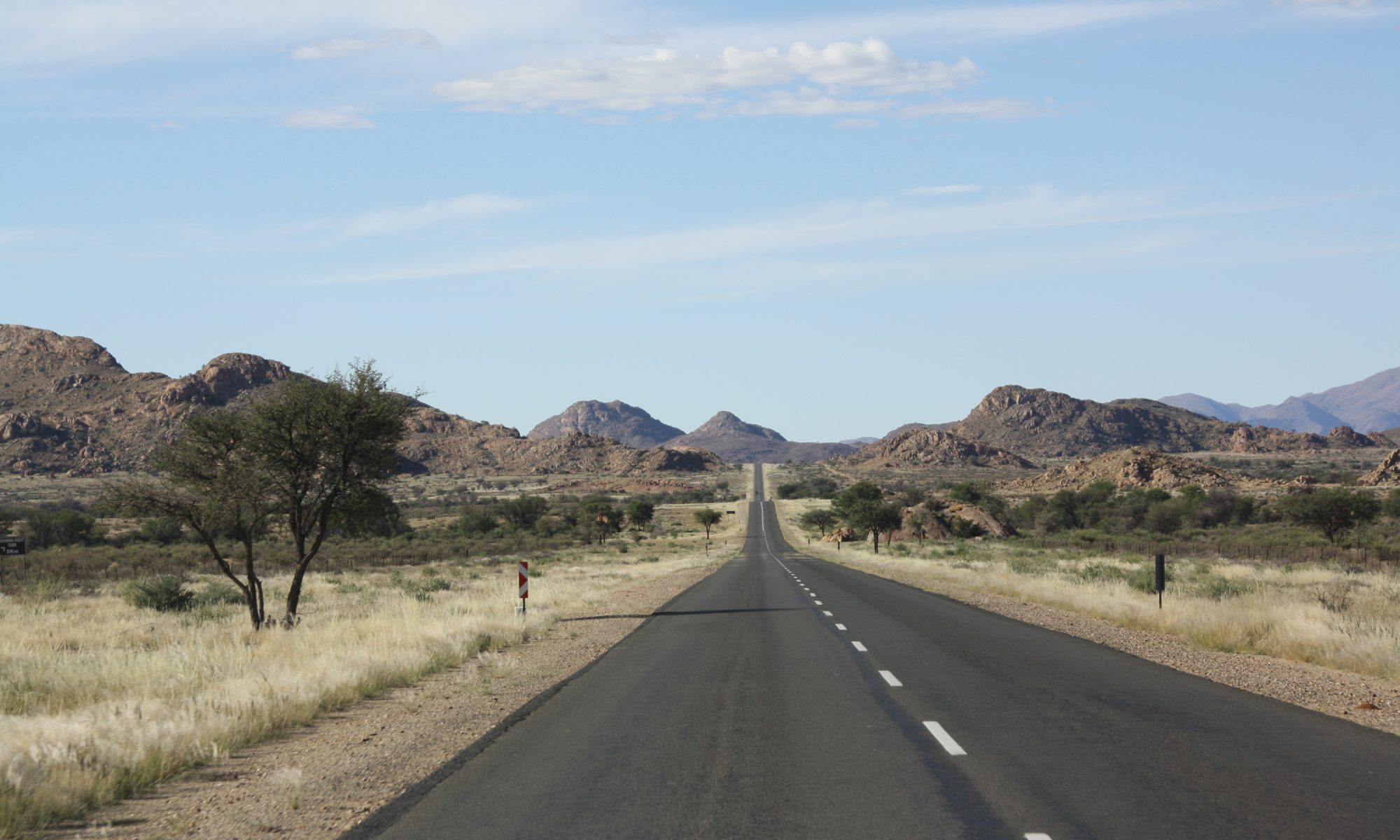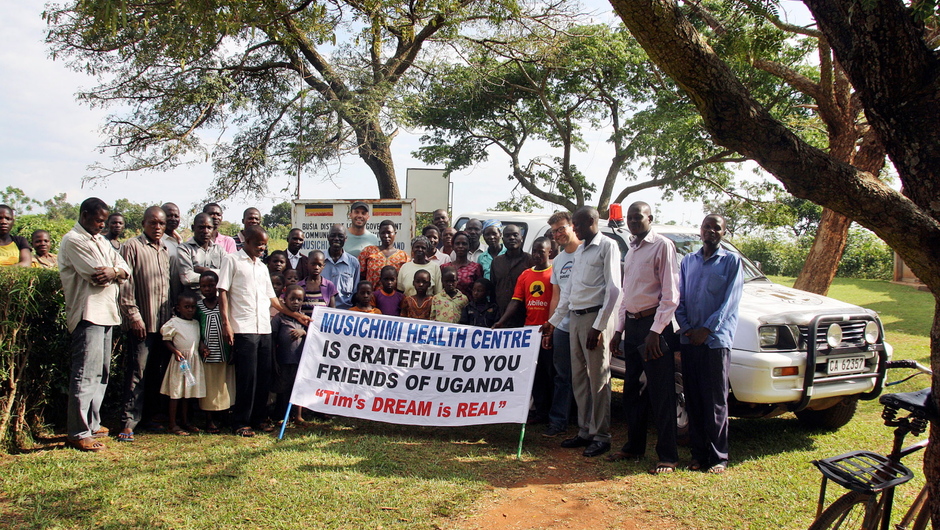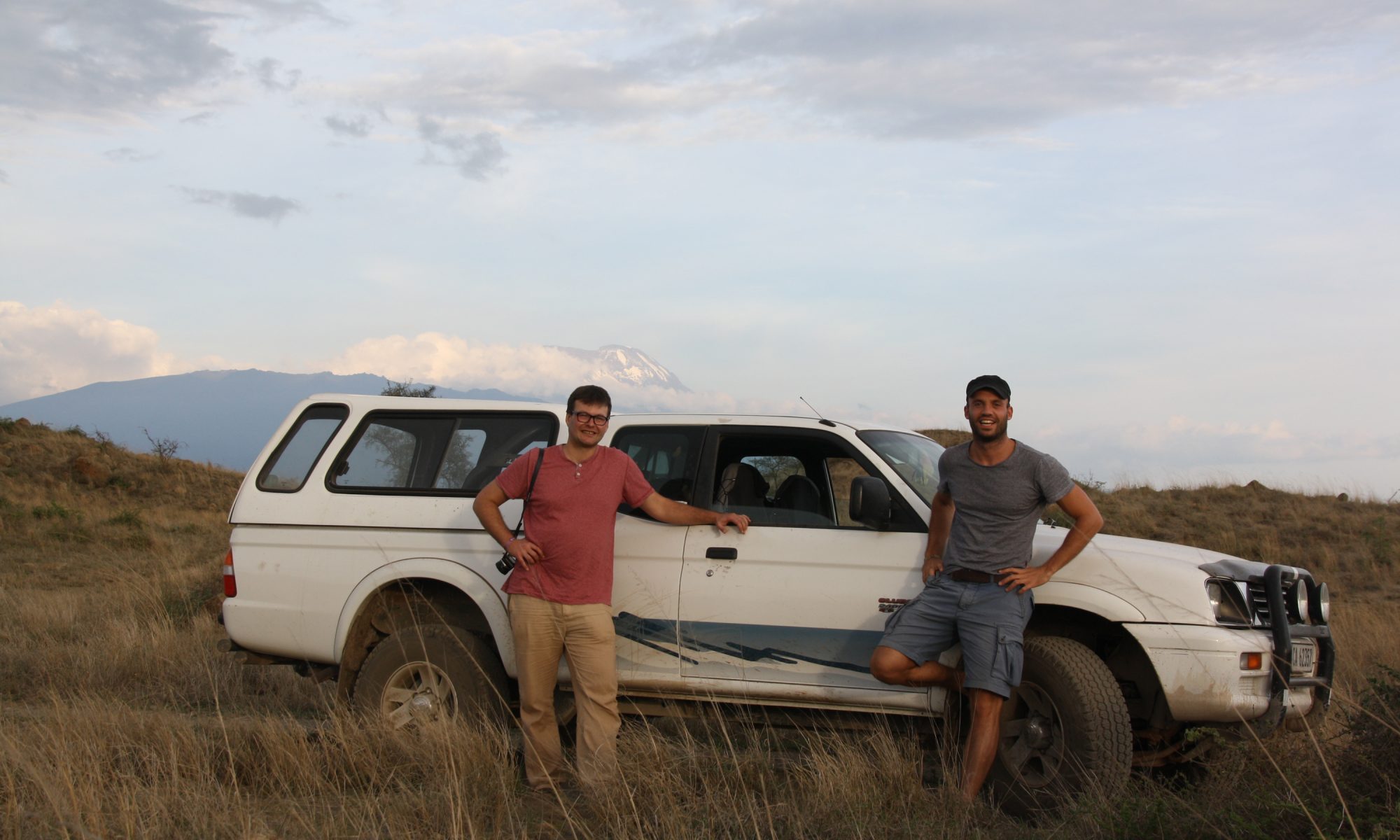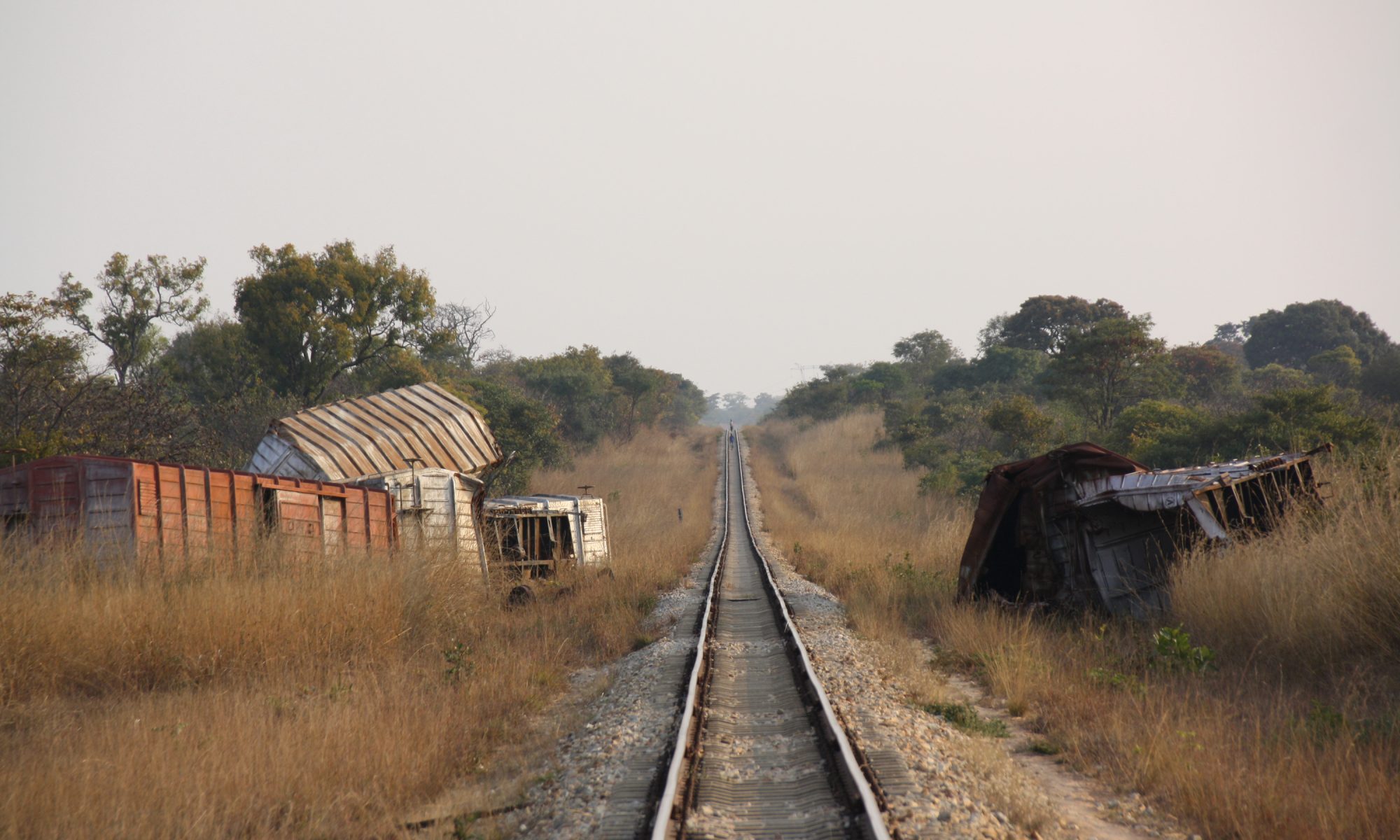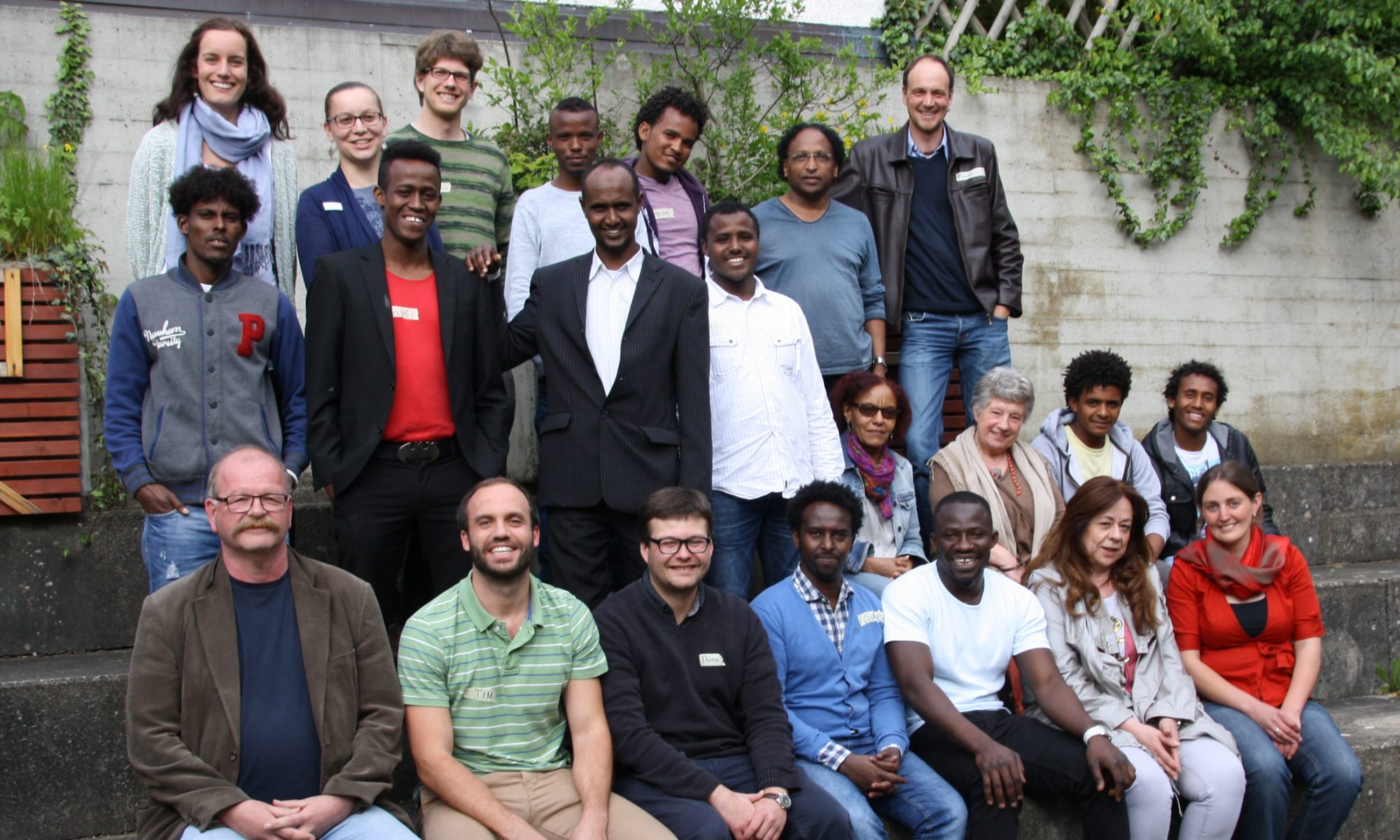New article, co-authored with Anthony Leysens, in the Journal of Southern African Studies
Abstract
This article assesses the potential of civil society in the region of southern Africa to act as a catalyst for transformation towards broader inclusivity and a people-centred approach to regional integration and socio-economic development. This is done through an empirical case study which focuses on four regional civil society organisations (CSOs), namely the Council of NGOs (CNGO) of the Southern African Development Community (SADC), the Southern African Trade Union Co-ordination Council (SATUCC), the Economic Justice Network (EJN) of the Fellowship of Christian Councils in Southern Africa (FOCCISA), and the Southern African People’s Solidarity Network (SAPSN). We found that the organisations are constrained by a lack of financial autonomy, and dependency on donor funding. Capacity is further hampered because the CSOs are managed by a small number of professional activists. Moreover, the organisations’ representativeness and legitimacy among the regional populace is limited. There are also important ideological and strategic differences between them, and a lack of effective (strategic) co-ordination has so far inhibited the creation of a broader, transformative regional civil society alliance. Yet we could also identify an awareness of the necessity to strengthen organisational capacity, to increase popular support and to enhance collaboration, using a strategy that combines the technocratic development of an alternative regionalism and meaningfully incorporates social movements and grassroots initiatives. Furthermore, there is evidence that regional civil society plays an increasingly important role in articulating popular contestation to neoliberal modes of governance in southern Africa, as well as in linking localised, nationalised and regionalised struggles in the region. Finally, the dynamics of regional civil society investigated here show that regionalism is anything but a ‘states only’ domain. Civil society regionalisation constitutes a crucial feature of the southern African region. Regional civil society as a force for transformation is constrained and must overcome some serious challenges, yet it remains a possibility.
Link to full text

